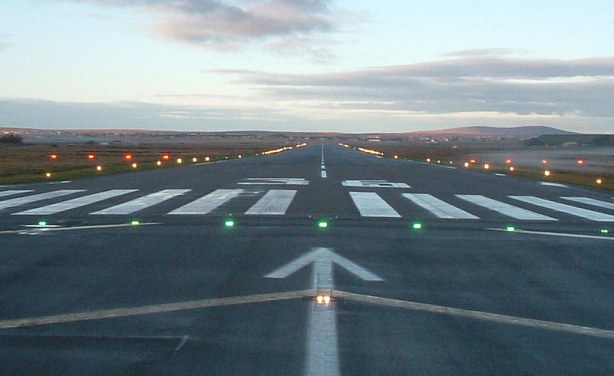The International Air Transport Association (IATA) has expressed worry that there may not be any significant improvement in passenger volumes in the near term.
The IATA in its Economics’ Chart for the week explained that ticket purchases rising towards the third week of December reversed in the same month.
It explained that this development would impact travel as well as revenue for airlines in 2021.
Part of the report read, “The data shows that there will most likely not be any significant improvement in passenger volumes in the near term.
“Ticket purchases had been rising modestly towards the third week of December as people planned to visit friends and relatives over the holiday season. However, the rise in bookings was reversed following December 23rd.”
It added, “The resurgence of the virus in a number of key markets and the resulting travel restrictions caused the delayed recovery.
“Based on World Health Organisation data, about 4.1 million people tested COVID-19 positive in the last week of December – twice as many compared to the same week in September.
“The appearance of new, more aggressive mutations of the virus has further worsened the crisis, weighing on already weak passenger demand in many key markets including the United Kingdom.”
READ ALSO: Black box of crashed Indonesian plane recovered
The global body for airlines noted that developments in ticket bookings indicated that the start of 2021 would not be easy for airlines. While adding that news of the vaccine had not affected travellers’ inactions, it stressed that the vaccine rollout would take some time until it leads to improved passenger volumes.
The IATA recently reported that the global passenger traffic growth for November came to a halt.
It said that demand measured in revenue passenger kilometres was down 70.3 per cent compared to November 2019.
Similarly, global demand for air cargo measured in cargo tonne-kilometres was 6.6 per cent below previous-year levels in November (-7.7 per cent for international operations).
Also, global capacity, measured in available cargo tonne-kilometers, shrank by 20 per cent in November ( 21.3 per cent for international operations) compared to the previous year.
This is nearly three times larger than the contraction in demand.













